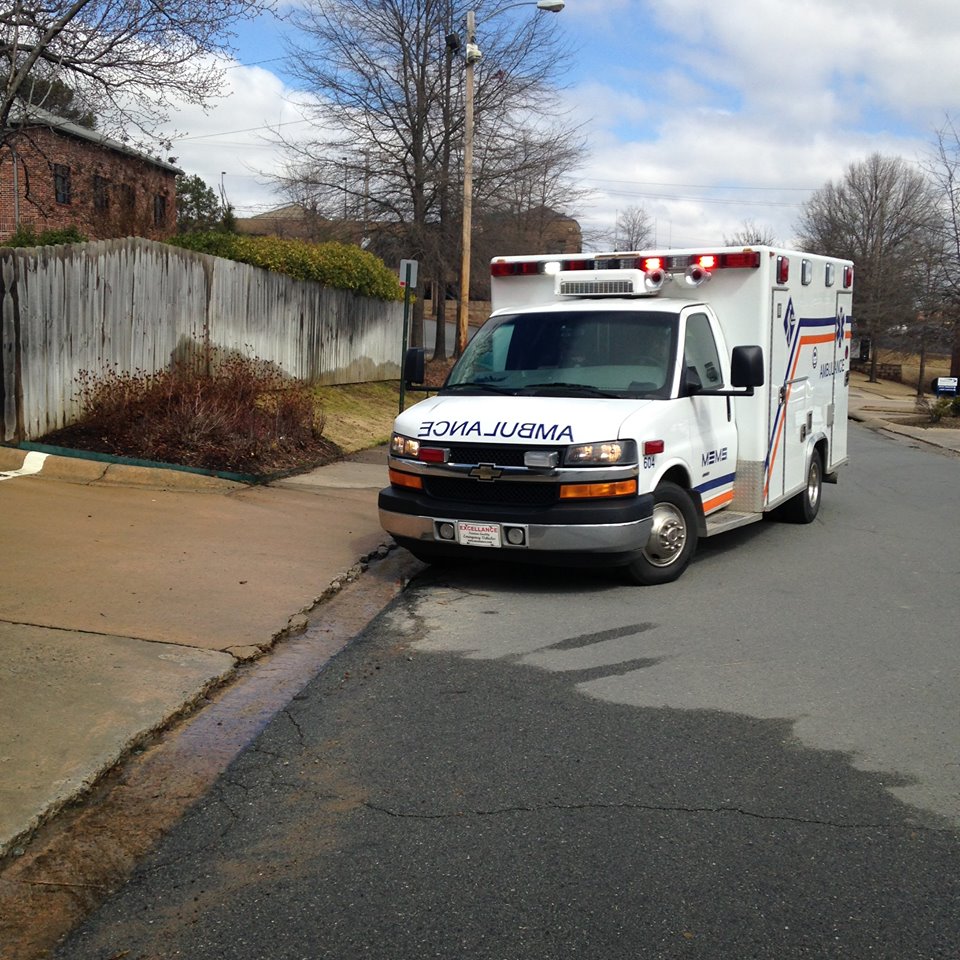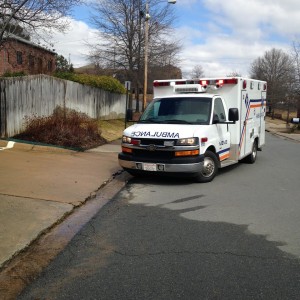 In recent months Planned Parenthood has been involved in two federal lawsuits against the State of Arkansas. The first was in the summer and fall of 2015 when Planned Parenthood sued the State for ending Medicaid reimbursements to Planned Parenthood clinics. The second was filed in December of 2015, regarding a new law that requires abortion clinics to follow FDA protocols when administering abortion-inducing drugs like RU-486. U.S. District Judge Kristine Baker handled both lawsuits. Below is a brief overview of each suit.
In recent months Planned Parenthood has been involved in two federal lawsuits against the State of Arkansas. The first was in the summer and fall of 2015 when Planned Parenthood sued the State for ending Medicaid reimbursements to Planned Parenthood clinics. The second was filed in December of 2015, regarding a new law that requires abortion clinics to follow FDA protocols when administering abortion-inducing drugs like RU-486. U.S. District Judge Kristine Baker handled both lawsuits. Below is a brief overview of each suit.
The Lawsuit Over Medicaid Funds for Planned Parenthood
Following the release of undercover videos showing Planned Parenthood doctors and officials discussing the harvest and sale of organs from aborted babies, Governor Asa Hutchinson ordered the State of Arkansas to discontinue Medicaid reimbursements to Planned Parenthood.
A federal lawsuit was filed against the state as a result. Judge Kristine Baker issued an injunction forcing the State of Arkansas to continue providing Medicaid reimbursements to Planned Parenthood. Planned Parenthood has filed to have the lawsuit upgraded to a class action suit.
The Lawsuit Over Requiring Abortion Doctors to Follow FDA Protocols
Drug-induced abortions are not necessarily safer than surgical abortions. According to Planned Parenthood’s own fact sheet from 2014, during the first 63 days of gestation a chemical abortion is 10 times more likely to result in the death of the woman than a surgical abortion. [1]
When the Food and Drug Administration approved abortion-inducing drugs, it also approved instructions for how the drugs ought to be administered and how doctors ought to follow up with women after chemical abortions. However, evidence suggests many doctors choose not to follow the FDA’s protocols when administering abortion-inducing drugs.
Early in 2015 the Arkansas Legislature passed Act 577 requiring doctors to follow FDA protocols when administering abortion-inducing drugs like RU-486. Act 577 also requires abortion clinics to contract with a physician who has admitting privileges at a local hospital to handle emergencies resulting from chemical abortions.
In December 2015 Planned Parenthood of the Heartland, which has two clinics in Arkansas, filed a lawsuit against the State of Arkansas, arguing, among other things, that it is unnecessary to require doctors to follow the FDA’s protocols for abortion-inducing drugs and that Planned Parenthood has been unable to find a doctor with admitting privileges at a local hospital to handle emergencies resulting from these chemical abortions. If Act 577 is enforced, Planned Parenthood says it no longer may be able to perform drug-induced abortions in Arkansas.
A hearing on the suit was held on Wednesday, December 30, 2015. As of December 30, Judge Baker had not issued any ruling regarding the lawsuit. Any decision she issues likely will be appealed to the Eighth Circuit Court of Appeals. Depending on how the Eighth Circuit rules, the decision could be appealed all the way to the U.S. Supreme Court.
[1] “Abortion After the First Trimester,” Page 3. Planned Parenthood Federation of America, Inc. 2014.
READ MORE
 Yesterday the U.S. House of Representatives passed a measure repealing Obamacare and withdrawing most federal funds from Planned Parenthood. The measure redirects the funds from Planned Parenthood clinics to facilities that offer quality healthcare, but do not perform abortions.
Yesterday the U.S. House of Representatives passed a measure repealing Obamacare and withdrawing most federal funds from Planned Parenthood. The measure redirects the funds from Planned Parenthood clinics to facilities that offer quality healthcare, but do not perform abortions.


 On New Year’s Day, Act 577–the Abortion-Inducing Drugs Safety Act–was set to go into effect; the law passed by the Arkansas Legislature last spring requires abortion doctors to follow the FDA’s protocols when performing drug-induced abortions, and it requires abortion clinics to contract with a physician who has admitting privileges at a local hospital to handle complications that arise from the abortion.
On New Year’s Day, Act 577–the Abortion-Inducing Drugs Safety Act–was set to go into effect; the law passed by the Arkansas Legislature last spring requires abortion doctors to follow the FDA’s protocols when performing drug-induced abortions, and it requires abortion clinics to contract with a physician who has admitting privileges at a local hospital to handle complications that arise from the abortion.
 In recent months Planned Parenthood has been involved in two federal lawsuits against the State of Arkansas. The first was in the summer and fall of 2015 when Planned Parenthood sued the State for ending Medicaid reimbursements to Planned Parenthood clinics. The second was filed in December of 2015, regarding a new law that requires abortion clinics to follow FDA protocols when administering abortion-inducing drugs like RU-486. U.S. District Judge Kristine Baker handled both lawsuits. Below is a brief overview of each suit.
In recent months Planned Parenthood has been involved in two federal lawsuits against the State of Arkansas. The first was in the summer and fall of 2015 when Planned Parenthood sued the State for ending Medicaid reimbursements to Planned Parenthood clinics. The second was filed in December of 2015, regarding a new law that requires abortion clinics to follow FDA protocols when administering abortion-inducing drugs like RU-486. U.S. District Judge Kristine Baker handled both lawsuits. Below is a brief overview of each suit.